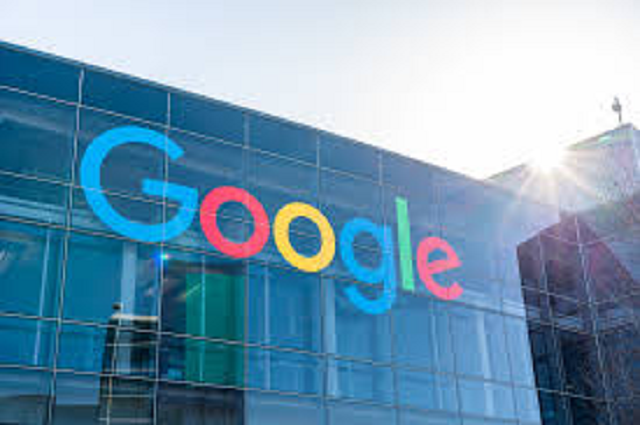Search engine giant Google has disclosed plans to partner with non-profits and social enterprises to ensure the safety of internet users through its Africa Online Safety Fund.
The tech firm stated this in celebration of the world’s Safer Internet Day with the theme, ‘Together for a better Internet’.
It said that there was no better time to “help people stay safe online”.
The firm said, “With an estimated 346 million internet users that came online for the first time in the last year, and 376 million new social media users, there is no better time for us to help people stay safe online.
“We are working with non-profits and social enterprises to advance their work through Google.org’s Africa Online Safety Fund, while also working with educational institutions and governments across sub-Saharan Africa in order to have a greater impact.”
READ ALSO: Africa’s COVID-19 Recovery Rest On Vaccines, Debt Relief – AfDB
What is Google’s Africa Online Safety Fund?
In a bid to protect the swelling number of internet users on the African continent, the Google-backed Africa Online Safety Fund was created.
It was established to address issues including financial scams, misinformation and disinformation, hate crimes, bullying and harassment, sex trafficking, among other issues.
Although not its major focus, the Fund also touches on issues relating to women and the safety of children online.
Through the Fund, a grant was disbursed to Impact Amplifier, a social impact advisory firm based in South Africa, and the Institute of Strategic Dialogue.
The disbursed funds will give support to non-profits that have impacted the technological space innovatively.
In selecting eligible organisations, two categories framed the method of funding – transformative and catalytic.
Those who fall under the Transformative received grants of up to $100,000 because projects that were undertaken under this category were done on a larger scale.
While those in the Catalytic category received a maximum of $10,000, as they were smaller and locally directed.













